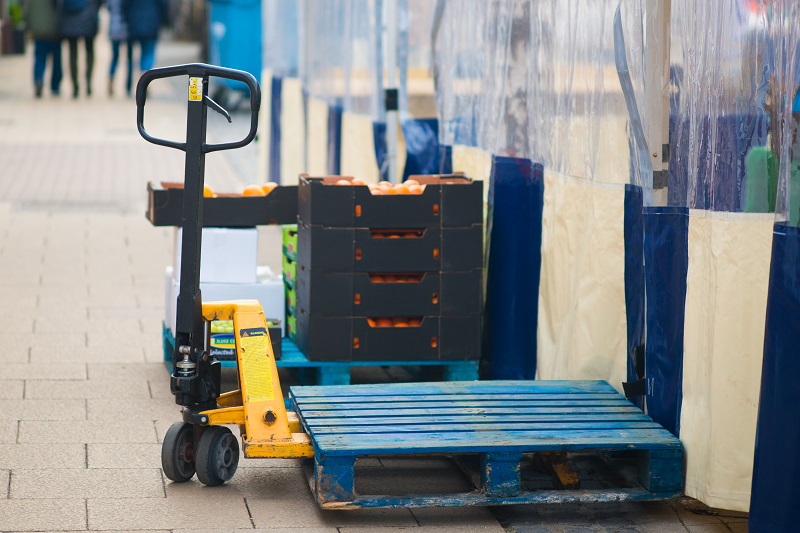Supply chain solutions company CHEP has signed a two-year full participating agreement with Saudi Arabian supermarket firm Sadhan Group, operator of SPAR Saudi Arabia and Al Sadhan Trading. Al Sadhan Group will advocate for pallet pooling with its suppliers and vendors.
Al Sadhan Group is a private family-owned retailer that was established in 1952 in Riyadh. Prior to signing the agreement, the company collaborated with CHEP in a pilot programme to demonstrate the advantages of pallet pooing vs. single use pallets and other platforms.
CHEP’s business model is based on the circular economy concept of ‘share and reuse’. With the CHEP Pooling System the customer rents the pallets they need. CHEP controls the entire administrative procedure, retrieval, and quality assurance of the pallets in a closed-loop system.
SPAR, which began a partnership with the Al Sadhan Group in 2016, also benefits from receiving product on CHEP pallets which offer standard size, superior durability, and innovative design.
Both SPAR and Al Sadhan Group receive CHEP pallets to their Distribution Centres (DC) and stores, resulting in easier handling and reduced risks that are inherent when using inferior-quality pallets.
Rakan Almarshad, Al Sadhan Group Procurement and Contracts Manager, said: “We believe that officially making the switch to CHEP pallets gives us significant advantages over single-use pallets of non-standard sizes and quality that we receive from our suppliers.”
“The benefits of receiving product on CHEP pallets include added value, quality and reduced product damage in the supply chain. Other advantages include faster receiving times, reduction in empty transit miles and the elimination of pallet repair costs,” he added.
The sustainability advantages of using reusable wooden CHEP pallets are also important to Al Sadhan Group. Abdulaziz Al Sadhan, Group Supply Chain Manager, said: “CHEP’s business model of sharing, reusing and recycling pallets helps us reduce our environmental impact.”
The company expects to significantly reduce its CO2 emissions across its supply chain because of making the switch to CHEP.
The CHEP pallet life cycle reduces both waste wood and the amount of wood used in pallet manufacture. A CHEP pallet lasts up to ten times longer than the single-use pallet equivalent, according to independent, peer-reviewed research. Empty pallets are collected and reconditioned at CHEP service centres before being returned to customers for reuse.
Al Sadhan added: “Our customers appreciate our efforts to promote sustainability and to be a friend to the environment. CHEP’s supply chain expertise and their standard pallets will help us reduce our carbon footprint and improve efficiency throughout our supply chain.”
Marco Salort Pons, CHEP MENA Director, Commercial said: “We have developed strong lines of trust and support to enable growth and future competitiveness, in addition to sustainability benefits. We strive to build and maintain long-term relationships with our customers through collaboration to improve their supply chains, reduce overall supply chain costs and provide operational efficiencies.”




